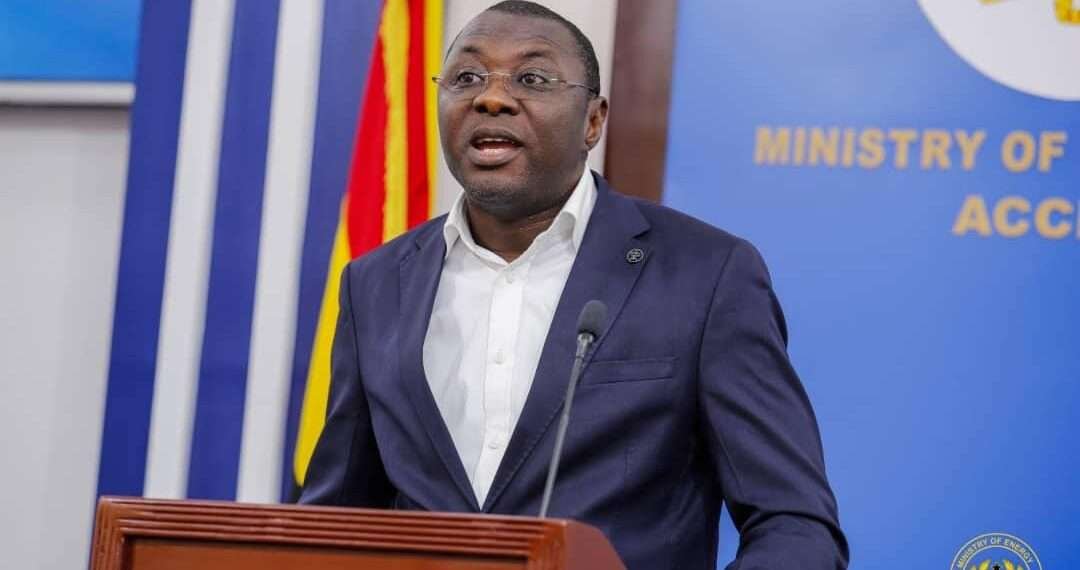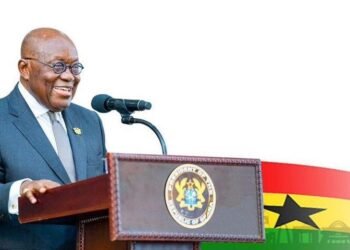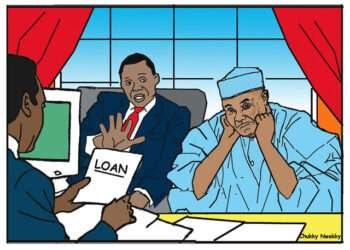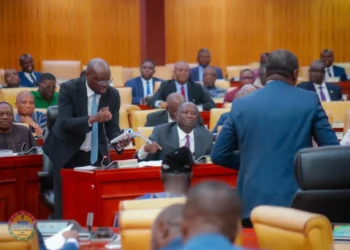Ghana’s recent achievement in meeting International Monetary Fund (IMF) targets amidst the backdrop of an election year is a mixed bag. It reflects both resilience in the face of economic challenges and a stark reminder of the consequences of poor management by the government.
Dr. Mohammed Amin Adam, the Minister of Finance, outlined key performance indicators that led to the successful completion of the Second Review by the IMF to show the government’s grit in the face of challenges.
“The Second Review was based on key performance indicators, including six (6) Quantitative Performance Criteria, three (3) Indicative Targets, and one (1) Structural Benchmark which were due at the end of December 2023, and 4 Structural Benchmarks due at the end of March 2024 since the program is also forward-looking.”
Dr. Mohammed Amin Adam
On Saturday, April 13, 2024, the IMF stated that Ghana would have access to approximately US$360 million in financing once the review is approved by IMF Management and formally completed by the IMF Executive Board.
The completion of the Second Review of the extended credit facility with the IMF undoubtedly signifies a certain degree of stability in Ghana’s economic landscape.
However, it’s essential to acknowledge that this apparent stability comes after years of economic mismanagement and fiscal irresponsibility that brought the country to its knees in the first place.
The excessive borrowing for consumption and printing of billions of cedis by the Bank of Ghana to finance the government’s extravagant spending habits were all to blame.
The government’s recent success in meeting IMF targets may be seen as a necessary corrective measure, but it also underscores Ghana’s persistent failure to learn from past mistakes.
Despite enduring 17 previous IMF bailout programs, the country finds itself in a familiar position once again, seeking external assistance to stabilize its economy.
The tough austerity measures and structural reforms imposed by the IMF, while intended to promote fiscal discipline, have often exacerbated hardships for ordinary citizens.
Ghana’s repeated recourse to IMF support highlights a concerning pattern of short-term fixes without addressing underlying structural weaknesses.
In fact, the Finance Minister indicated that despite the successes chalked in the economy, there are areas that need more attention, especially the energy and cocoa sectors. This shows that Ghana is still addressing the symptoms of her economic challenges, not the fundamental causes.
Instead of learning from past experiences and implementing long-term solutions to promote economic growth and stability, the country continues to repeat the same mistakes, ultimately perpetuating a cycle of dependency on external aid.
Election Year Challenges

Dr Amin Adam reiterated that they have established adequate control mechanisms to ensure that key targets under the IMF-supported programs are met, despite 2024 being an election year.
“We have also put in place sufficient control and monitoring mechanisms to ensure key targets under the IMF-supported program are met, even though 2024 is an election year.”
Dr. Mohammed Amin Adam
While the government may tout its success in meeting IMF targets as a sign of competence, voters may view it with skepticism, considering the broader context of economic hardship and social inequality.
Ghana’s IMF success, therefore, underscores the complex interplay between politics and economics. It highlights the ongoing challenges of governance and the need for sustained efforts to address underlying structural issues that have plagued the country’s economy for decades.
As Ghana navigates the uncertainties of an election year, it’s crucial for policymakers to not only focus on short-term IMF targets but also address the root causes of economic instability and inequality.
Only through genuine reforms and inclusive economic policies can Ghana build a more resilient and prosperous future for all its citizens.
READ ALSO: NDC Aware Of Irregularities At The Scholarship Secretariat- Dafeamekpor





















